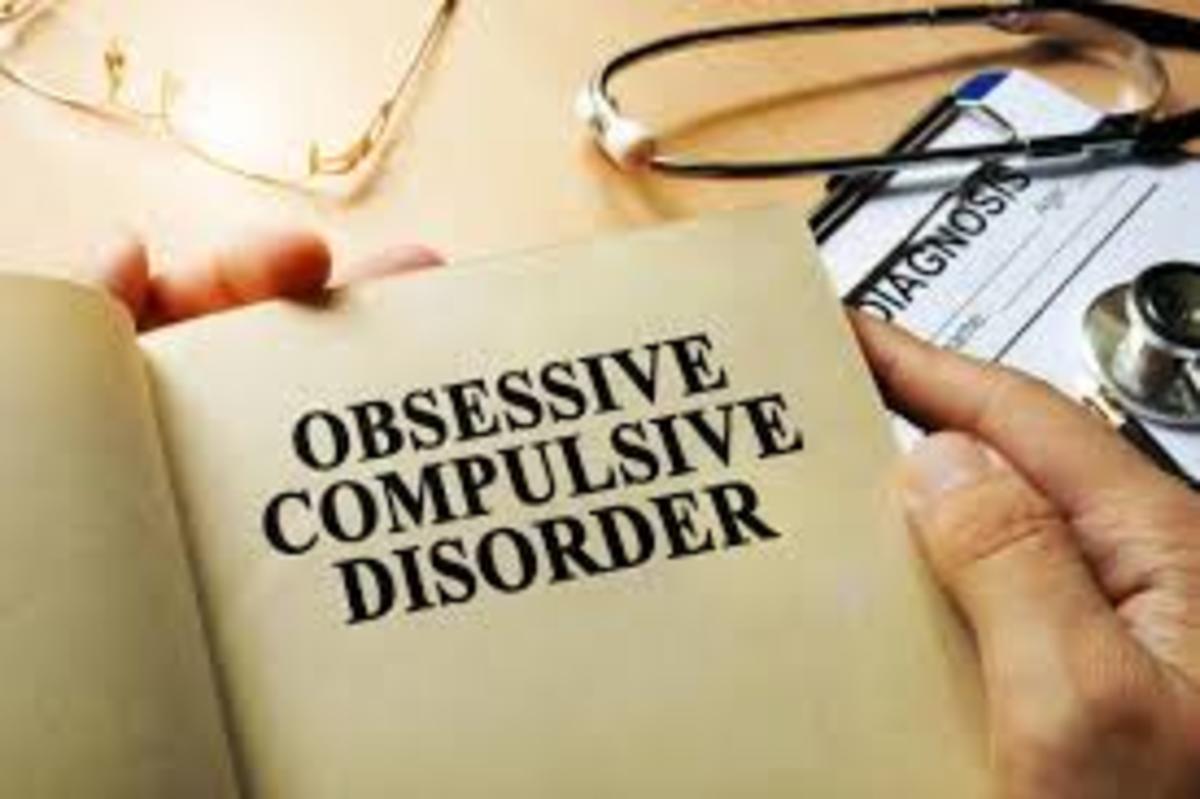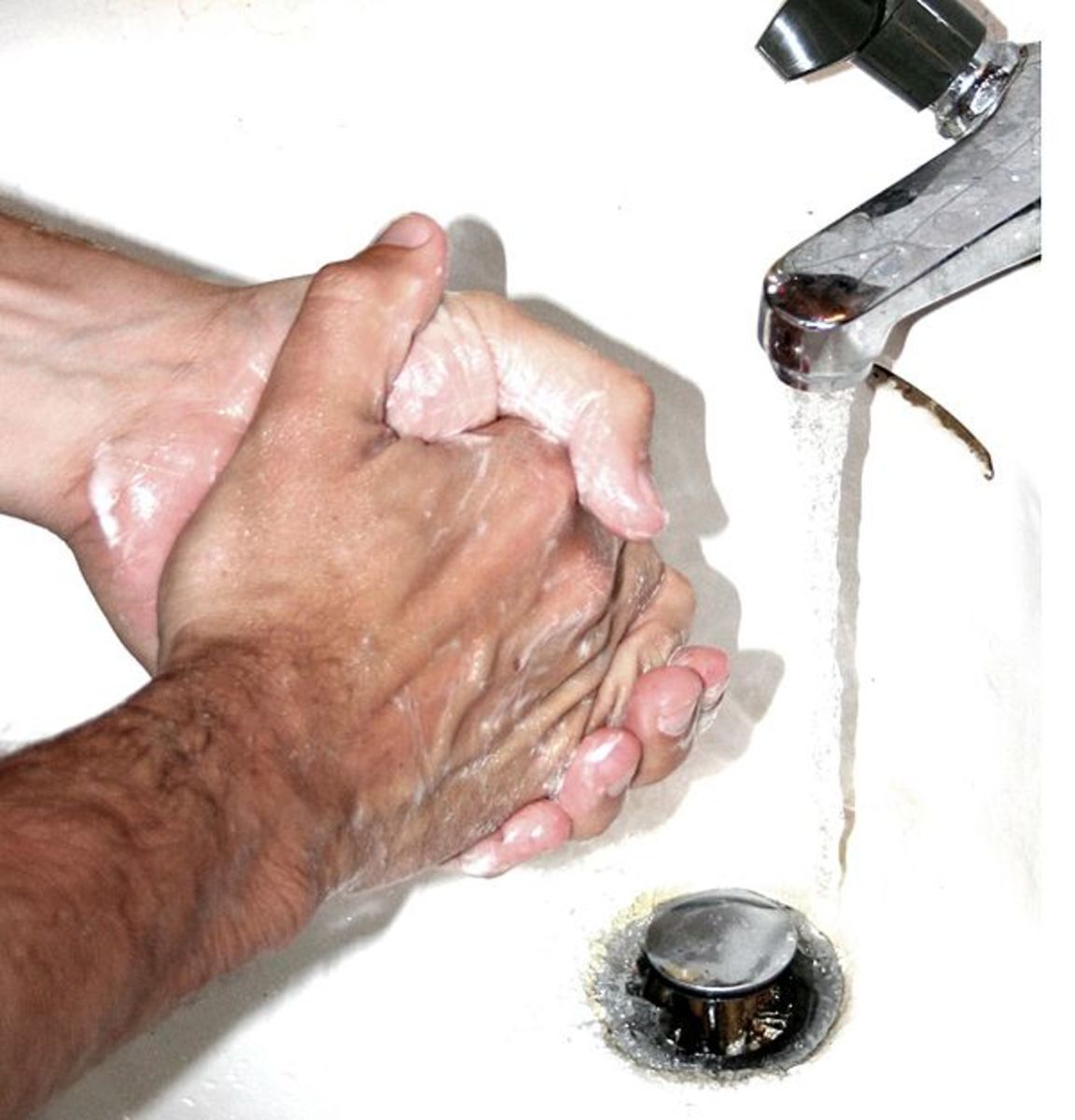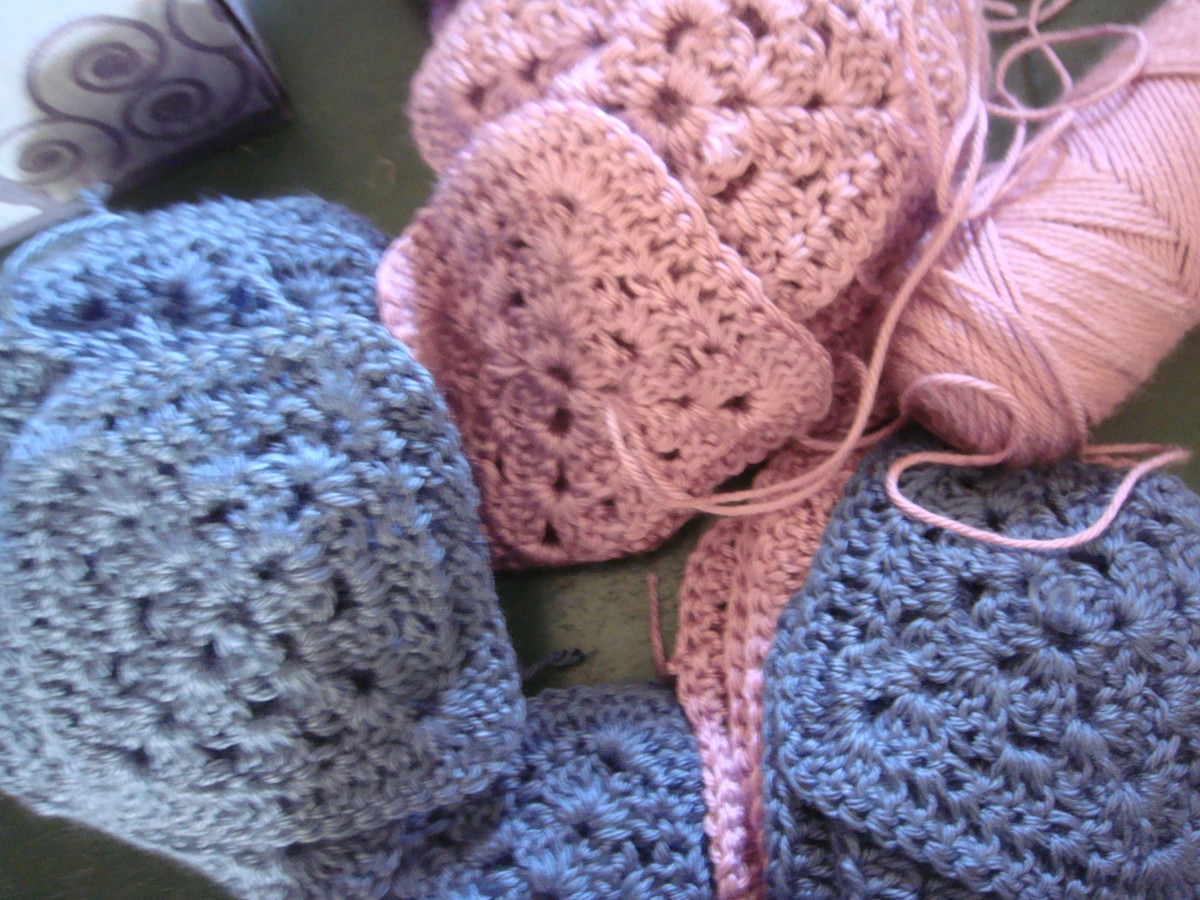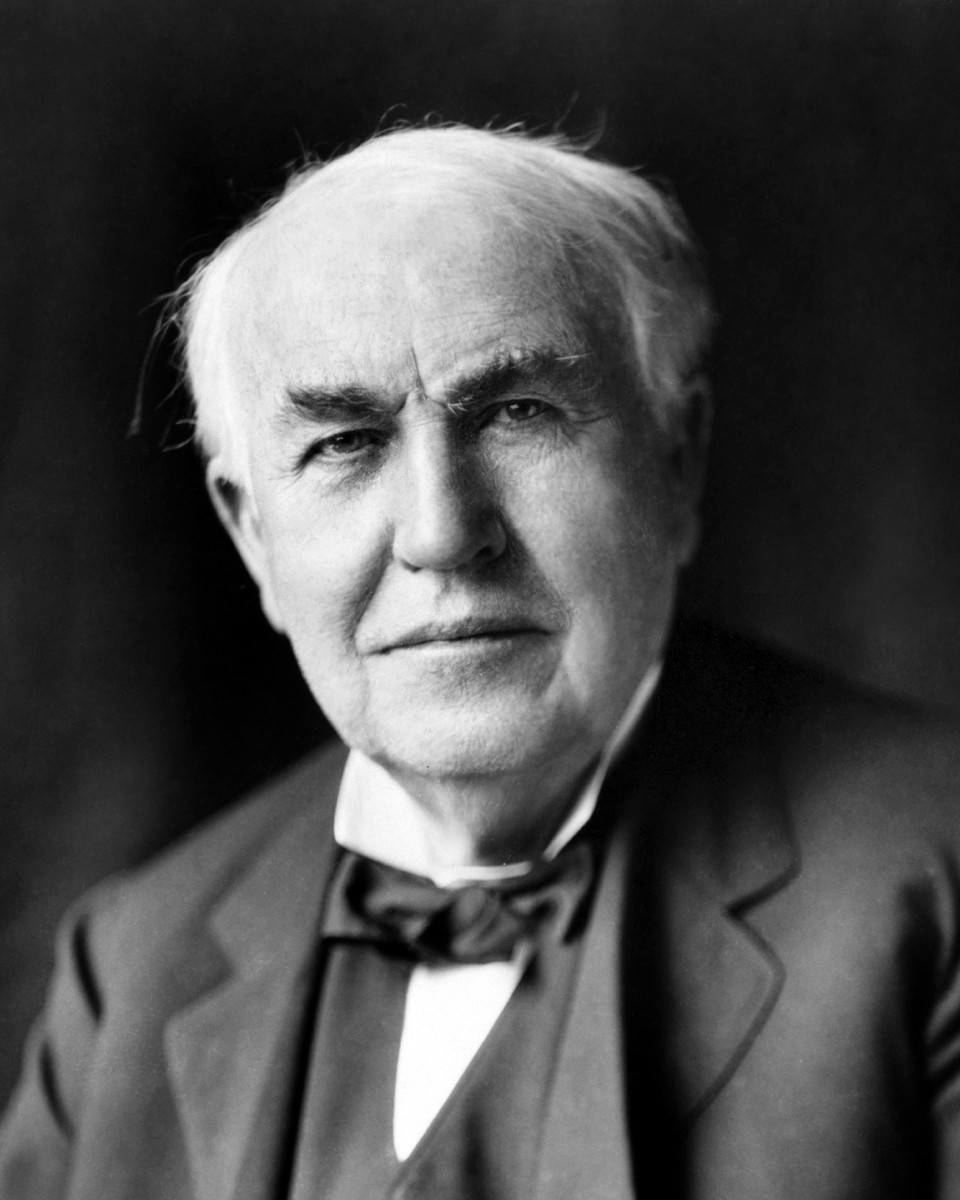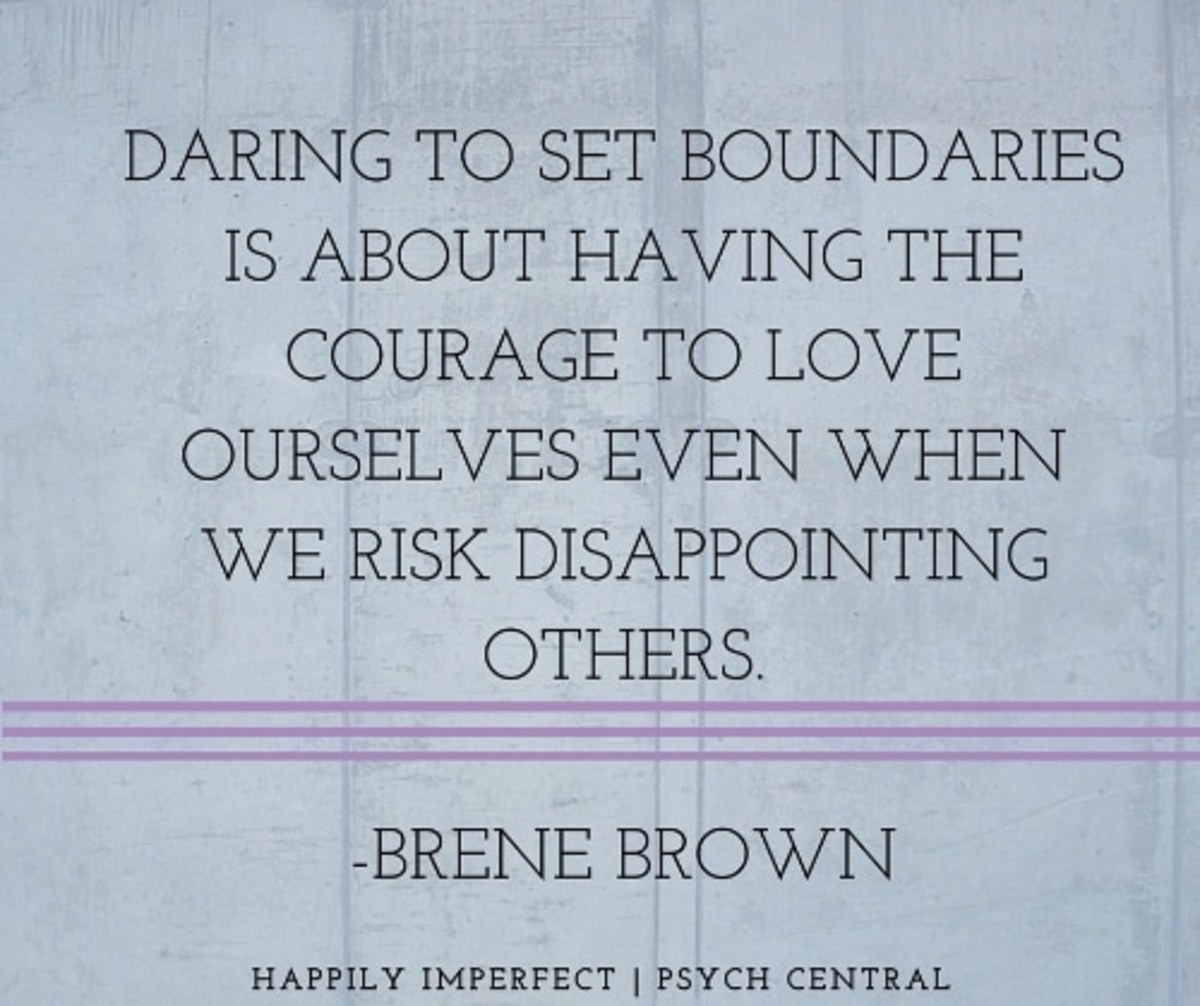What Not to Say to Someone With Clinical OCD
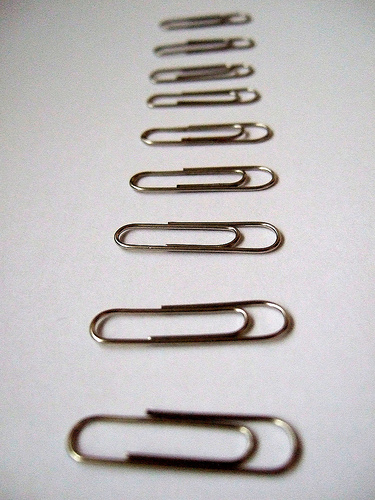
I've suffered from severe clinical Obsessive-Compulsive Disorder for my entire life and I was diagnosed at the age of three. Over that time, I've tried a lot of things to manage my OCD: therapy, medication, exercise, prayer, vitamins and diet changes, to name a few. I've also run into a lot of people who had a lot to say about my disorder, some things more helpful than others. This is a collection of the worst bits of "advice" that I've heard. Before you give advice to someone with OCD, make sure none of these are on your list of things to say, for your sake and theirs.
1. "You have OCD? Me, too!"
In my own experience, this one is often followed by something like, "Yeah, I check my door twice at night before I go to bed and use hand sanitizer so I won't get colds, but it's really not that big of a deal." I once had a very wise psychiatrist tell me that nearly everyone has obsessive-compulsive tendencies, but that does not mean they have Obsessive-Compulsive Disorder.
Dictionary.com defines a disorder as:
"A disturbance in physical or mental health or functions".
The little OCD quirks that everyone has may be irritating, but they don't constitute a full-blown disorder, which impairs the daily functions of the disordered person's life. A good rule of thumb is that if your regular functions, such as getting ready for work or school, being on time, focusing through work and interacting with friends and family are impaired, that constitutes a disorder. Insinuating that an isolated quirk is on the same level as a disorder is not only offensive, but it can give the disordered person the false impression that their suffering is "no big deal," or that if they simply ignored it, it would go away.
2. "My cousin has 'insert problem here', and she's fine without her meds."
First of all, not everyone with a mental disorder is the same. Neuroscientists and psychologists have yet to nail down a singular cause of OCD. For some individuals, the cause may be that their brain is simply wired differently. For many, environmental factors such as stress are at play. For others, OCD is caused because of the body's overzealous attempts to re-uptake the mood stabilizing chemical, serotonin. For some of us, it's a combination of all three.
While Cousin Sally might be fine without her meds, the part that often doesn't make it into the story is that she may have been weaned off that medication over a period of months by her doctor.
What's more, Cousin Sally's condition may not be permanent. She may have been influenced by stress for a finite period of time. Bob, on the other hand, may have a serious chemical imbalance and need to be on medication for the rest of his life. Suggesting that someone with a mental illness should stop taking their medicine is no less absurd than suggesting that a diabetic should stop taking their insulin. You can't "see" either illness, but that doesn't make them any less real.
3. "Just stop it."
While we all get a kick out of Bob Newhart's succinct psychologist on MAD TV, "Stop it!" does not constitute valid psychological advice when dealing with a friend or loved one who's been diagnosed with OCD in real life. My parents tried this tactic for years, and trust me, all it does is make the disordered person feel guilty and helpless. Would you tell someone with a broken leg to "stop it" and expect them to get up and walk? If not, then don't have the same unrealistic expectations of someone with OCD.
4. "Have you prayed about it?"
I know that many who ask this are doing so out of the best intentions. I've known many people for whom prayer was a great medium of healing and comfort. However, suggesting that someone pray about their mental illness can come across as anything but caring. If the sufferer is a person of faith, chances are they've already prayed about the matter. A lot. They don't need you to remind them, and if they're not a person of faith, the suggestion can be downright insulting.
This question also comes with the implication that the person has done something wrong to be in the situation they are in. Not only that, but it implies that their situation can be changed, which is sadly not often the case with mental disorders.
5. "You don't need therapy because ______"
There are so many reasons why this statement is wrong, not the least of which being that their choice to seek therapy or counseling is no one's business but their own. If they're confiding in you, that means they're looking for support in their decision to take control of their own mental wellness -- not judgment, or a diatribe on the pitfalls of modern psychology. Turning another person's journey to mental health into a political debate can only do more harm than good.
6. "Try this, not that."
This is another example of advice that is meant to be helpful but often comes across as condescending. A hallmark of Obsessive-Compulsives is that they tend to be rather intelligent, diligent folks. Chances are that in a lifetime of dealing with their disorder, they've done more research than you and aren't too keen on hearing about that article you read suggested that a kumquat a day is better for anxiety than their yoga routine.
7. "OCD is just another term for being high strung, it doesn't really exist."
Everyone is entitled to their opinion, but not every opinion is entitled to validity. OCD is a well-researched, well-documented disorder defined by a very specific set of criteria. It is not simply a desire to have things neat and tidy or to fold the clothes a certain way. To suggest that it doesn't exist is to ignore not only a mountain of scientific evidence, but personal experience as well. I guarantee that OCD is very real to the person suffering from it.
8. "But you can't be OCD, your room's a mess!"
There are many different forms of OCD. Sometimes the disorder manifests in extreme particularity about sanitation and order, other times it doesn't. The act of cleaning is only one manifestation of the compulsive component in Obsessive-Compulsive Disorder. In those cases, extreme cleanliness is a compulsion that is used as a coping mechanism for stress, usually caused by an obsession, or the mental component of OCD.
The compulsion is what you see, but it is only one part of the disorder and it is often a response to the invisible obsession. For example, the Obsessive-Compulsive person may have an obsession about losing a pet or loved one, dying, failing at something important to them, or some other negative event outside of their control. The obsession is usually something extremely negative that every rational person would fear, but the difference is that the Obsessive-Compulsive does not simply fear the event, they are preoccupied with it to the point of obsession. To alleviate the stress of constant preoccupation with something they are powerless to prevent, they may subconsciously attempt to prevent the object of their obsession from happening by performing certain rituals, or compulsions.
For instance, a young child with an obsessive fear of their mother's death may perform the compulsive ritual of flipping a light switch on and off or wash their hands a certain number of times. Rationally, they may understand that the compulsive act is not related to the object of their obsession, but therein lies the heart of any disorder: irrational behavior and thoughts in otherwise rational people.
To suggest that someone isn't suffering from OCD is to ignore the complexity of the disorder in all its incarnations. The obsessive cleaner is a stereotype and there is far more to OCD than that. For many, cleaning is a valid component to their OCD but it is only the component that rises above the surface for others to see, and is typically fueled by the invisible obsession underneath.
9. "What you're going through is normal, life has its ups and downs."
This is by far the worst thing you can say to a person suffering from any disorder, in my opinion. Not only does it invalidate what the person is going through, but it implies that the often extreme anxiety and despair that can accompany truly clinical OCD is just a "down" period that will soon pass. The truth is, there is no cure for OCD. Something that stays with you for your entire life can hardly be considered a temporary obstacle.
Remember, everyone has their own cross to bear. If you know someone who suffers from OCD, try to give them the same understanding and respect you'd want them to give you. Education is a great place to start. Fortunately, because OCD is such a well researched disorder, there are many great books on the topic!


